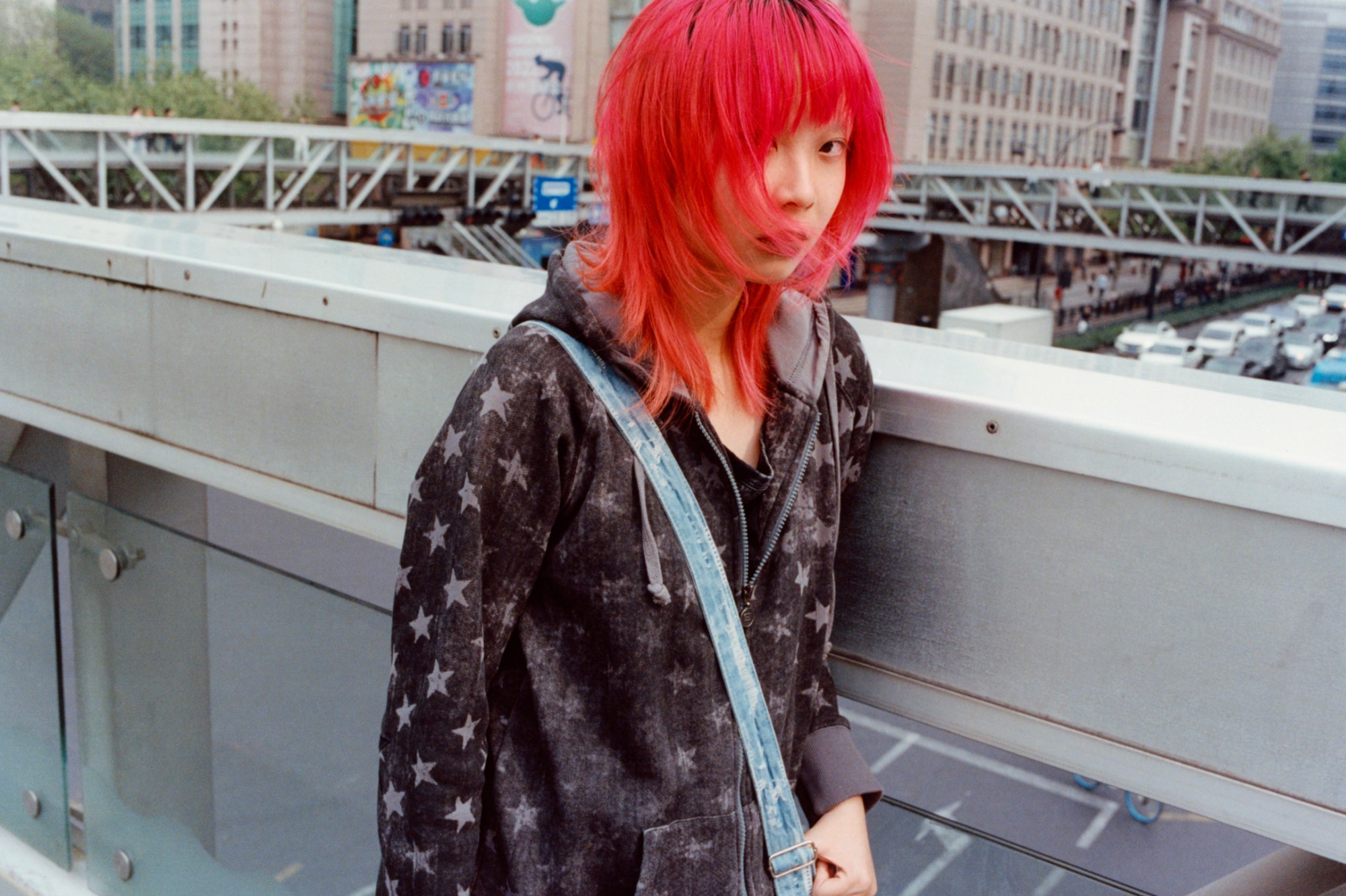Putting your mental health before your career may not be a revolutionary concept to those living in Europe or the US. However, for many young people in China who have been encouraged to strive for social success from an early age; raised with the belief that their main duty, as members of society, is to work hard, it’s a huge shift in priority.
Tang ping (躺平) is a buzzword that has become widely used across Chinese social media in recent years. The term, which means ‘lying flat’, is a social phenomenon that refers to a way of life that involves not working more than you absolutely have to; as well as avoiding competitive roles and reducing material consumption. In China’s big cities, it has become increasingly popular for young people to quit their high-stress office jobs and go freelance, even celebrating the moves with friends and former colleagues by throwing “resignation parties”.
This search for a new work-life balance is thanks to a younger generation rebelling against the culture of overwork (a result of China’s rapid economic growth). But not everyone is in the position to simply walk away from a job. In fact, this cultural shift also highlights the increasing wealth gap in China right now: while those with relatively secure financial resources are taking a stand and embracing the tang ping movement, many are unable to follow suit due to high rates of youth unemployment meaning they struggled to find a stable job after graduating in the first place.
Mengyu Zhou, a Berlin-based Chinese-born photographer, visited Hangzhou, where she grew up, to explore the complexities of ideological change among the young people living there. She took portraits of seven young people – from students, to office workers and creative freelancers – and asked them what they really think about the state of society and their hopes for the future in the midst of a paradigm shift.
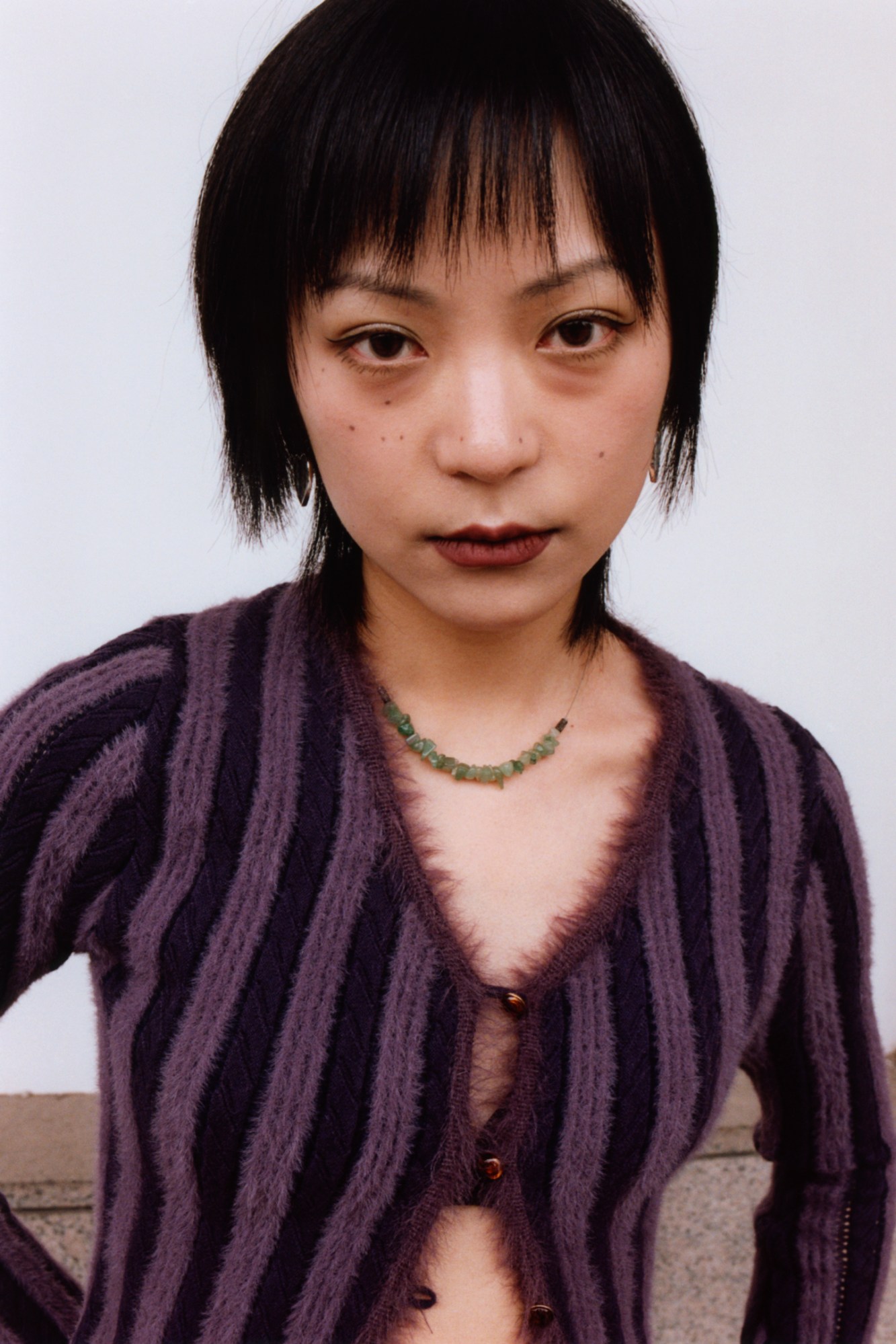
Miao Miao, 26, photographer
What’s your typical day like?
I wake up to the sound of my alarm, grab breakfast from a roadside stall and squeeze into the subway, which is always packed like sardines in a tin. Arriving at the office, I sit at my desk and turn on my computer. If I’m shooting, I’m holding the camera; if not, I’m editing photos or cutting video on the computer. If I finish my work on time, I leave on time, otherwise I work overtime until it’s done.
How does the culture of overwork impact you? How do you protect yourself from it?
It’s not a good culture and it affects me. The repetitive and mundane nature of the work, like a production line, can dull my imagination and creativity which really unsettles me. There are a few things I do to protect myself from this, such as leaving work on time, refusing additional tasks assigned by my boss after hours, and refusing to respond to work-related messages during off-hours. People need to contribute to society, but they also need their own time.
What do you think about the ‘tang ping’ movement?
It’s a rebellion against overtime culture. When work starts to interfere with our normal lives, ‘lying flat’ is an attitude with a point to make. But in reality, we can’t just lie flat and do nothing!
What changes have you noticed in attitudes towards work in your friends, family or community in recent years?
My friends’ attitudes to work are quite polarised. Some are totally committed and have become workaholics, believing that making money is everything. Then there are those who can’t stand being exploited, so they either quit and go back to their hometown or start travelling. There are also many people who can’t afford to lose their current jobs – they complain but still have to work hard.
How do you hope society will change for the better?
Society is like an incessantly running cold and ruthless machine. People seem like programmed parts. But for society to become better, to become more vibrant, it needs everyone to unleash their talents. Using one’s innate abilities, interacting with others, the most significant experiences are in the spiritual realm rather than in material things. I long for a society that is authentic and warm. I’m optimistic about the future though. We’ll have challenges but it will get better, even if things aren’t optimistic at the moment.
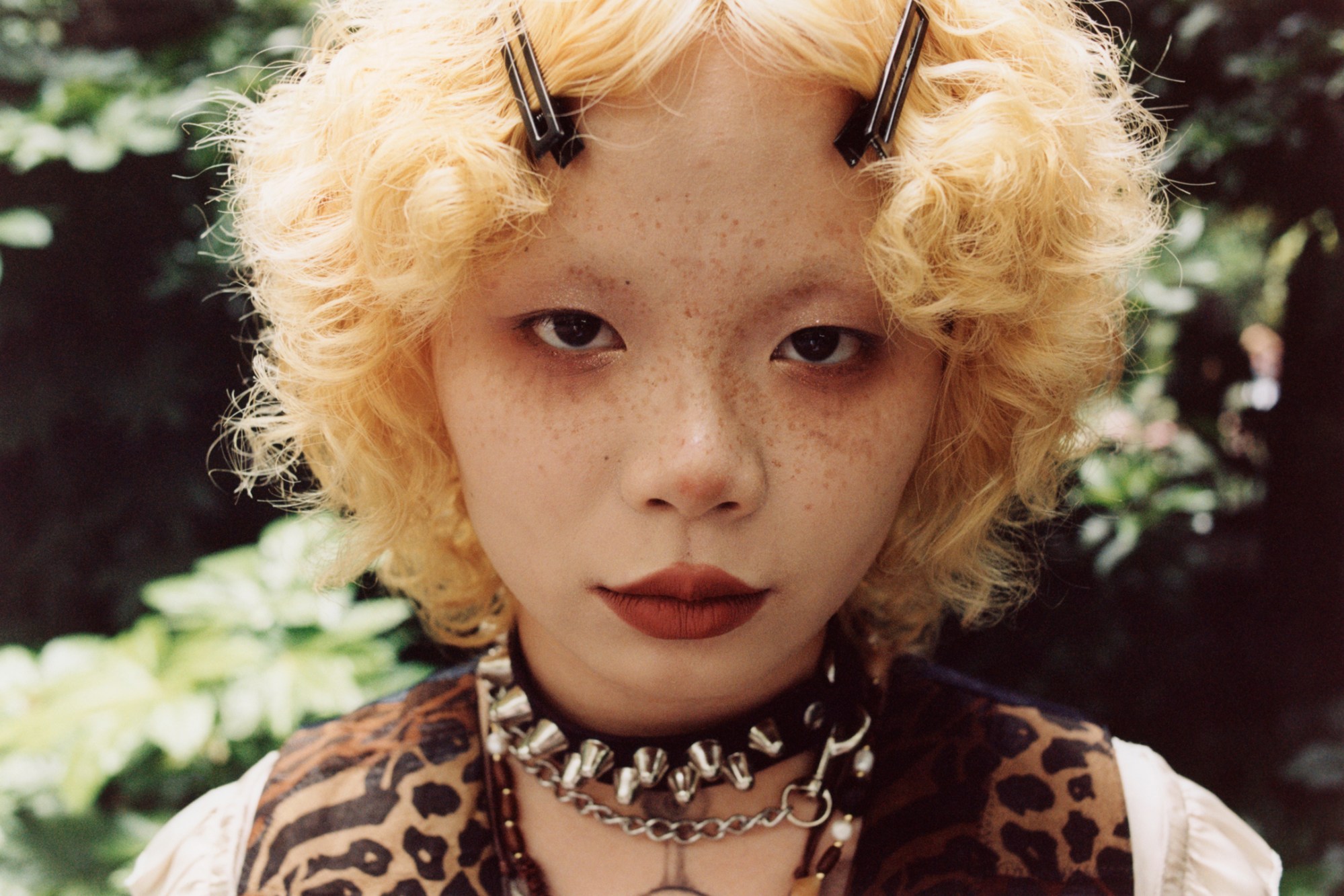
Dao Dao, 25, freelance social editor
What’s your typical day like?
I used to work in a corporation but I resigned. There was a lot of pressure and long hours; my stress tolerance was low and I felt demotivated. I couldn’t handle it. Now I have much more free time. I wake up around 1pm every day, tidy the house and take my dog for a walk. Then I come back to feed the cat and check social media accounts, posting content while managing data. My phone is glued to my hand 24/7 to respond to work messages, so it feels like I never totally clock out but I get to sit by the window, soak up the sun, watch TV and have brunch. In the evening I have dinner and drinks with friends, play games and usually go to bed around 2am.
What do you think about the ‘tang ping’ movement?
Since I quit my other job, I’ve been living a “lying flat” lifestyle – low spending, low income – and I’m extremely happy. Life doesn’t have to be so exhausting; being happy and comfortable is what matters most.
What changes have you noticed in attitudes towards work in your friends, family or community in recent years?
My mum used to work really hard but now she’s taking it easy, resting more and going out to have fun. My friends are becoming more easy-going too – their attitude is like, “As long as the boss doesn’t fire me, I’ll just go with the flow for another day”.
How do you hope society will change for the better?
Let’s all be a bit kinder. While I use social media for my livelihood, I also dislike it.
What was your dream as a child and what is your dream now?
When I was a child, my dream was to become a famous fashion photographer. But now, my dream is to eventually rent a big house in the suburbs. In the basement, we can have a band setup, there will be a yard for chilling, drinking tea, and soaking up the sun. I’d live with friends, have a mahjong table, a computer room, and even a separate room for my cat. At the end of the day, what matters is our comfort in the present moment — the future doesn’t seem so important to me now.
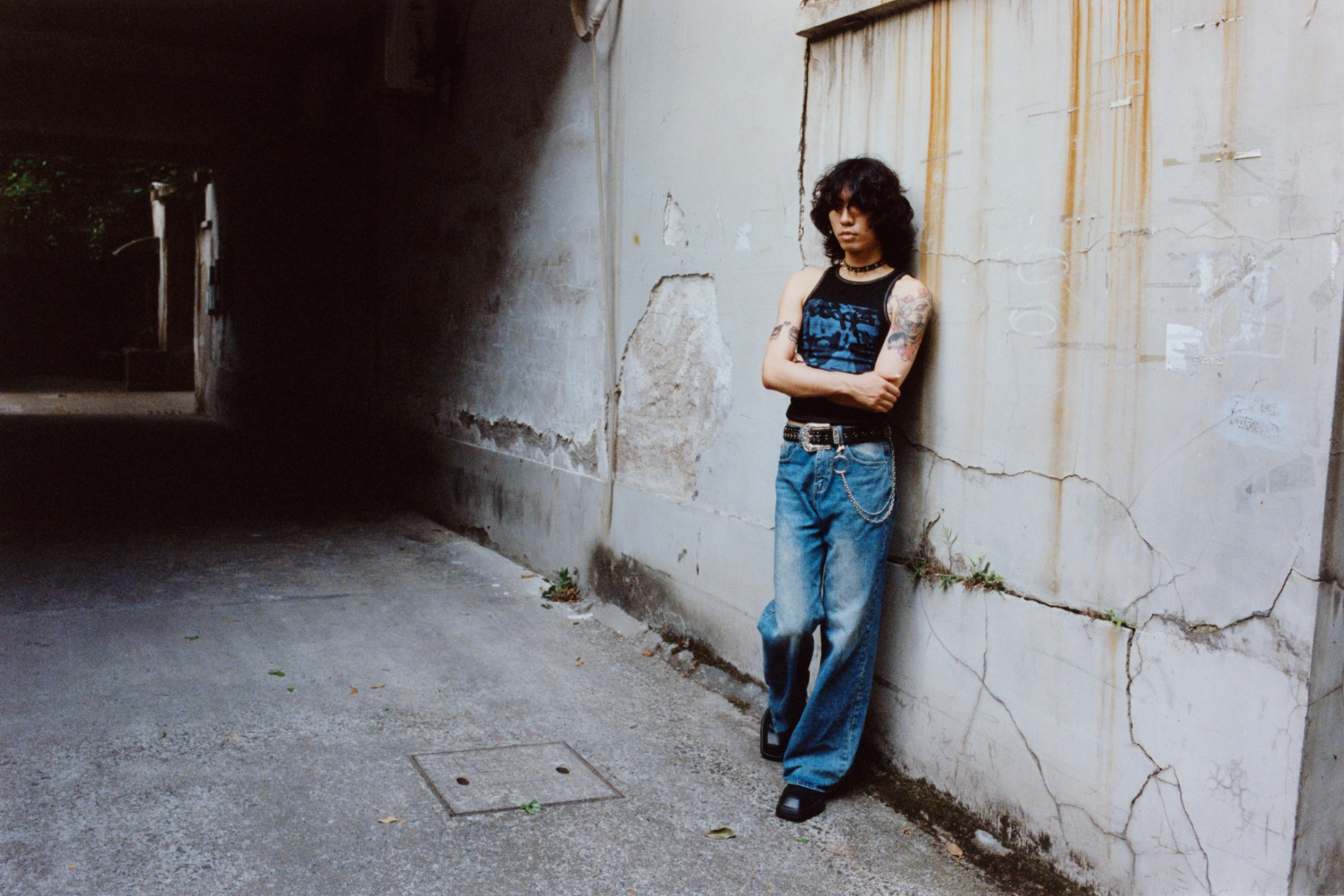
Lewis, 27, sales
What’s your typical working day like?
Achieving the data targets required by the company, feeling a sense of achievement and looking forward to a moment of freedom on my day off.
How does the culture of overwork impact you? How do you protect yourself from it?
The pace of the company is fast, so work has increased my anxiety and made me feel very stressed. But at the same time, I’m proud of what the company has achieved. I have gradually gained self-esteem in my work. There are two forms of overtime — one is mandatory and the other is not. I’m not in favour of overtime, I’m in favour of working intelligently and efficiently. Forced overtime is not bad though because you can use the law to deal with it.
What do you think about the ‘tang ping’ movement?
I think ‘tang ping’ is what everyone hopes for. But responsibility binds us, and no one wants to be an irresponsible person, so it is very difficult to achieve ‘tang ping’ in the true sense.
What changes have you noticed in attitudes towards work in your community in recent years?
I think they are increasingly looking at the sense of value and experience that comes with the job, rather than just the salary.
Are you personally pushing back against overwork for the sake of your own wellbeing? Or in order to change the culture?
I don’t think I have the ability to change the culture yet, so for now I change myself.

PJ, 20, animation student
What is your typical school day like?
During the week I go to school. When I don’t have evening classes, I hang out in my dorm, watch movies, do some drawing. After class, I usually hang out with friends, go for walks and eat delicious food.
As a student, how do you interpret culture of overwork?
I think it’s a form of oppression. “Working hard to get rich” shouldn’t mean “overworking to get rich”. Most workers are just trying to survive, but they have to put up with these manipulative phrases from bosses like “the more you talk about a pay rise, the less you’ll get; but the more you talk about dedication, the more you’ll be valued”. They can’t stand workers taking breaks or leaving on time, and they don’t pay overtime.
What do you think about the “tang ping” movement?
I see it as a kind of positive stagnation: when you’re not happy with your current life situation and trying to figure out how to get out of it. It’s like taking a mental “gap year”; giving yourself space to reflect and explore completely different possibilities from the present. Of course, there’s also a negative side to the movement, where you’re like a soulless machine going through the motions of life without any passion or purpose.
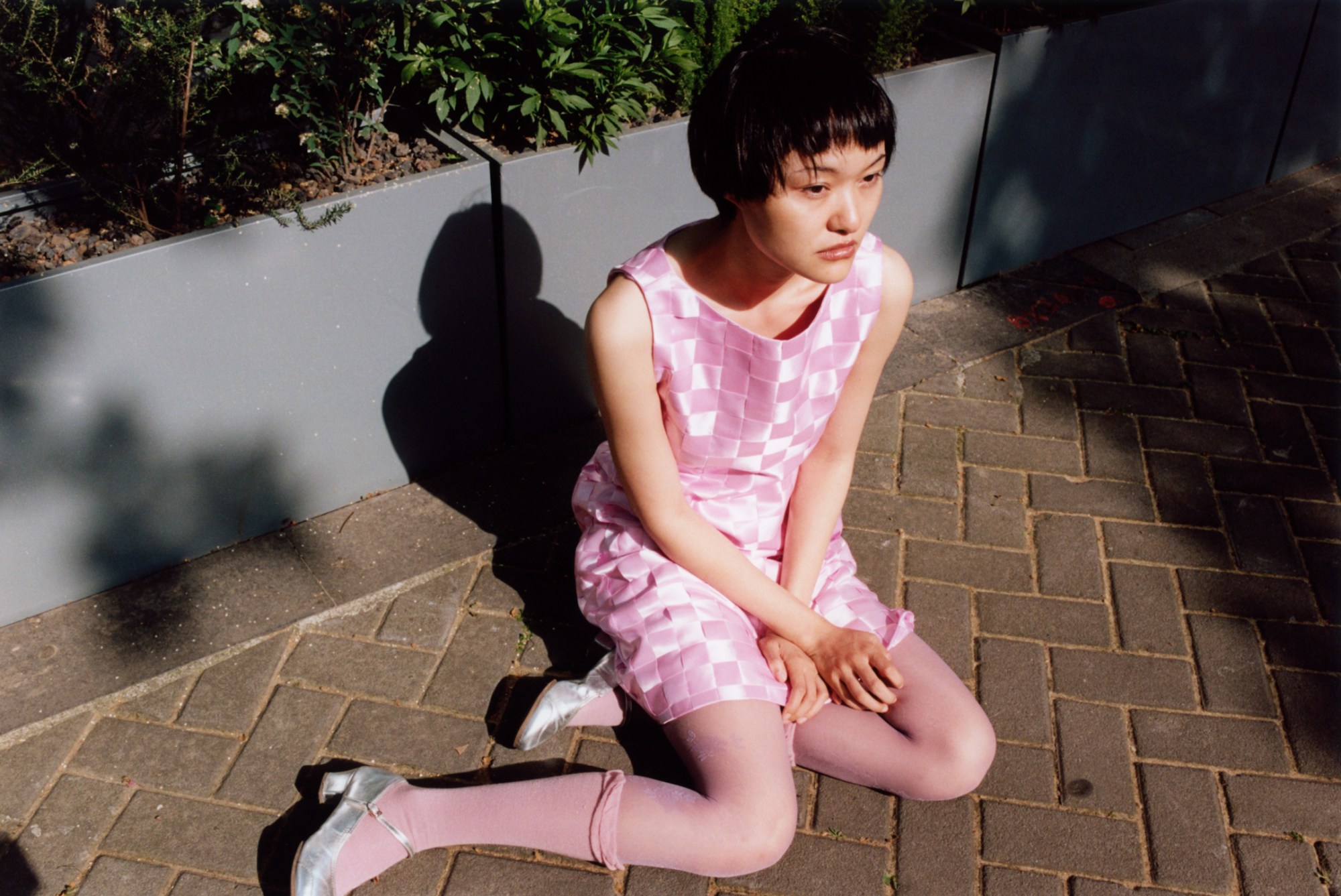
Yezi, 25, content creator
How did you end up with your current job? Do you like it?
I’ve always wanted to manage my own time and create content on my own terms, so blogging was a natural choice for me. I’d rate my enjoyment at 8 out of 10 – I actually see it as more of a way of life than a job.
How does the culture of overwork impact you? How do you protect yourself from it?
Of course I feel exhausted – society makes everyone aim for one thing, and live only for that one goal. I take various means to protect myself. The most important thing is to treat myself as a real person, not just a tool. If I feel bad, I take it easy; if I’m happy, I get active. And I keep asking myself, ‘Is what I’m doing bringing me personal joy or value?’
What do you think about the ‘tang ping’ movement?
I think it’s a way for young people today to make themselves comfortable. But it’s still uncomfortable; the feeling doesn’t just go away. I think it’s important to look for stimulation in the right way, to find my existence as an individual in the world. When my friends and I started working after graduation, we were all seeking success in the traditional sense. Now everyone has a better understanding of themselves and their connection to society, we’re all relaxing a bit more.
Are you personally pushing back against overwork for the sake of your own wellbeing? Or in order to change the culture?
I’ve never chosen a job that was bad for my health, but I would quit if I felt it was affecting my wellbeing. I’ve encouraged close friends to leave jobs that didn’t make them happy, but the education system and social norms didn’t give them the security to make that choice. It feels really hard to change that part of the culture.

Jia, 24, model
How does the culture of overwork impact you? How do you protect yourself from it?
The culture of overwork doesn’t have a significant impact on my health at the moment because I make sure that my physical well-being continues to comes first. I get stressed about work sometimes; not because I’m overworked, but because modelling is such an unstable job that self-doubt can creep in. In those moments, I try to relax by immersing myself in nature or doing things that I enjoy to unwind.
What do you think about the ‘tang ping” movement?
I think putting my mind, heart and body in a comfortable state could be considered a form of ‘lying flat’.
What was your dream as a child and what is your dream now?
When I was young I wanted to be a teacher. But now my dream is to be a traveller, to explore the world and wander the earth. I hope to have new life experiences and personal growth to develop into a better person.
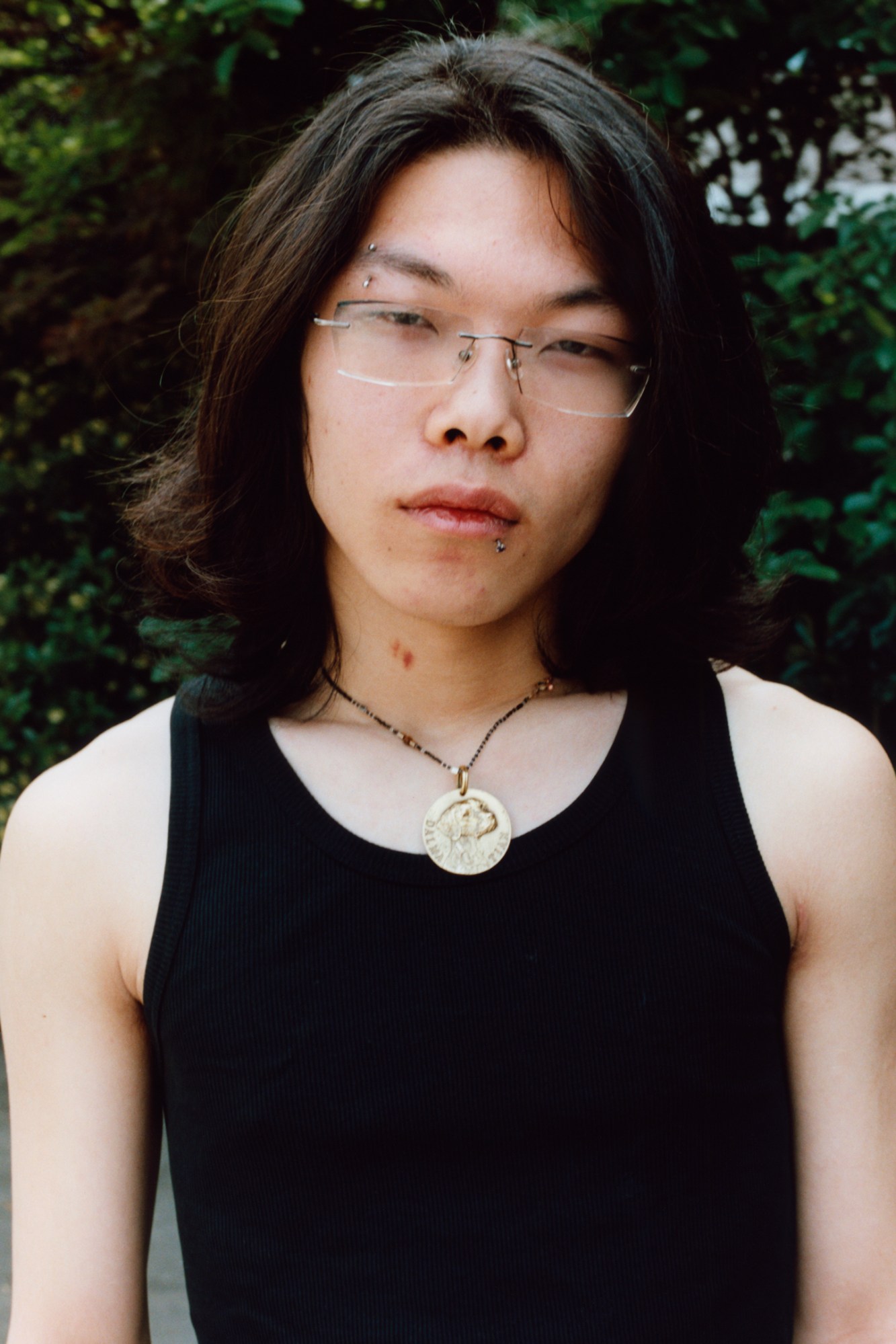
Cheng Su, 18, industrial design student
How does the culture of overwork impact you? How do you protect yourself from it?
What the country needs is not just rapid development, but substantial development. The culture we have now leads to intense competition within industries, making it difficult for many to find employment. The Chinese should treat their fellow citizens a little better.
What do you think about the ‘tang ping” movement?
The ‘lying flat’ culture is inevitable, but it is also driven by a minority. The job market in general is tough and there’s a lot of pressure at work. Many people of my generation here in the big city have inherited a good foundation from their parents. But what about other regions? In impoverished areas of China, many children can’t afford higher education because of their families’ financial constraints. They’re reluctant to spend more money on education after middle school. Many children from poor families even take on responsibilities early, working in factories or helping with farm work at home.
How do you hope society will change?
I hope that Chinese society can become truly democratic. Everyone should have a voice without being silenced when they express their opinions.
What was your dream as a child and what is your dream now?
When I was a child, I wanted to be a scientist. At the moment, my dream is to pass the postgraduate entrance exam, but in about five years I want to travel to every corner of China on a motorbike.
Credits
Photography Mengyu Zhou
